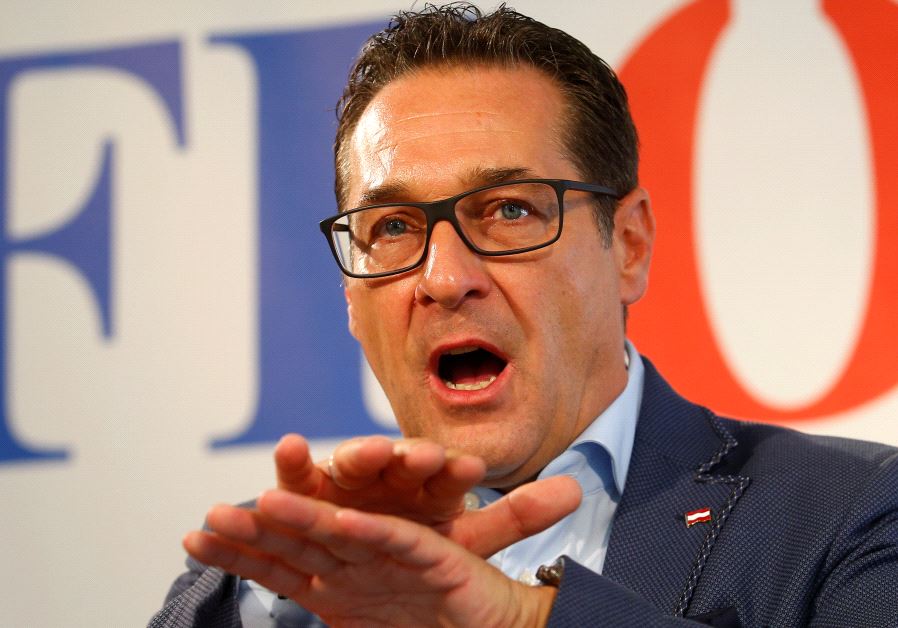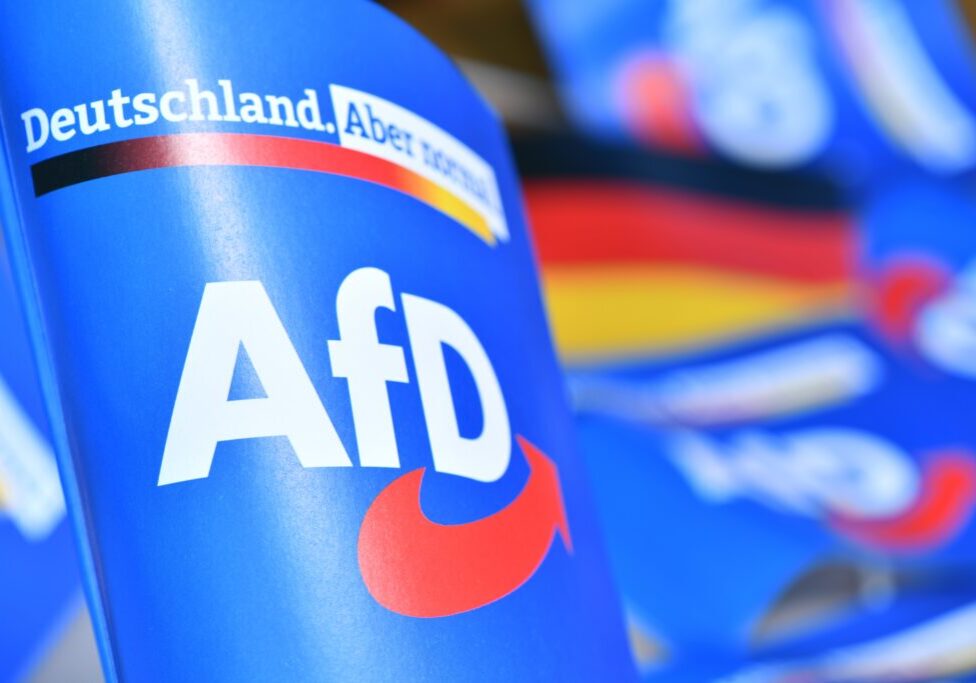Australia/Israel Review
Austria and Israel’s dilemma
Nov 6, 2017 | Herb Keinon

Israel has not yet clearly reacted to the Oct. 15 elections in Austria that will likely catapult the far-right Freedom Party into the government, but this outcome poses a clear challenge to Jerusalem: Should it engage with European far-right parties if they become a part of a government? Jerusalem has avoided having to face the issue this year, thanks to the National Front’s loss in the French elections and German Chancellor Angela Merkel’s position of not including the AfD in her governing coalition.
Austria’s Freedom Party, however, will bring the issue to the fore.
Under Jorg Haider in 1999, Austria’s Freedom Party – a party formed in 1956 by former members of the Nazi party – became part of the Austrian ruling coalition. Israel responded by recalling its ambassador and downgrading its relations with Vienna for more than three years, until the coalition fell apart.
But that was then.
In 1999 Israel could boycott Austria’s government because there was little chance that by doing so it would lead to a need to boycott other governments joined by right-wing parties – because that prospect seemed remote. But that is no longer the case.
Israel’s unstated but clear policy up until now has been to break up the European far-right parties into three distinct categories.
The first are the fascist and neo-Nazi parties, such as Jobbik in Hungary, Golden Dawn in Greece and the NDP in Germany. These are parties with which Israel will not engage, even if they become members of governments.
The second category includes parties – like Austria’s Freedom Party – that have a Nazi or fascist past, and which currently have antisemitic and racist tendencies. Other parties in this category include the National Front in France, AfD in Germany – which did surprisingly well in that country’s elections last month – and the Swedish Democrats in Sweden.
Up until now, Israel’s formal policy has been to avoid contact with those parties and not to engage with them or their members at a diplomatic level. This means that neither the prime minister nor the foreign minister meet their leaders if they visit Israel, and Israel’s ambassadors in those countries do not meet with the party heads.
At the same time, Jerusalem cannot do anything about errant ministers, MKs or politicians who do meet with members of these parties from time to time, as was the case when the Freedom Party’s leader Heinz-Christian Strache visited Israel last year.
In the third category are populist parties with some racist elements in them, such as Geert Wilders’ Party for Freedom in the Netherlands, UKIP in Britain and the Vlaams Belang Party in Belgium. These parties, which are different from one another, do not have Nazi or fascist pasts. Israel’s policy toward them is generally not to boycott but, rather, to deal with each party according to the particular situation.
For instance, Israel does engage with Wilders’ party, and has normal relations with UKIP.
This set of policies has emerged over the years amid a sense in Jerusalem that Israel – as the state of the Jewish people – has a unique standing on these matters, and that its position on these parties is carefully watched by many inside Europe. For example, that Strache has made efforts to distance himself from his party’s past and put forward strong pro-Israel positions has been interpreted in Jerusalem as an effort to get Israel’s “stamp of approval.”
Another element that has guided Israel in its policies toward these parties has been the position of the local Jewish communities, and these Jewish communities have – in all cases of those parties in the second category – come out against Israel engaging with them.
Jerusalem is not expected to comment on the Austrian elections until after a coalition is formed, and even then, it will likely wait to see how countries like Germany, France and Britain respond.
Ironically, the candidate who won Austria’s election, 31-year-old Foreign Minister Sebastian Kurz, is considered in Jerusalem as pro-Israel. Jerusalem has no problem with him, but rather, only with his potential coalition partner.
Even so, there are three reasons that Jerusalem is unlikely to boycott the Austrian Government, as it did when the Freedom Party was a member from 1999 to 2003.
Firstly, the success of parties like the Freedom Party is a phenomenon increasingly evident throughout the European political system. Secondly, because Strache, as opposed to Haider, has professed pro-Israel positions.
And thirdly, because the party has – at least to a degree – tried to moderate itself.
Herb Keinon is Diplomatic Correspondent for the Jerusalem Post. © Jerusalem Post (www.jpost.com), reprinted by permission all rights reserved.






